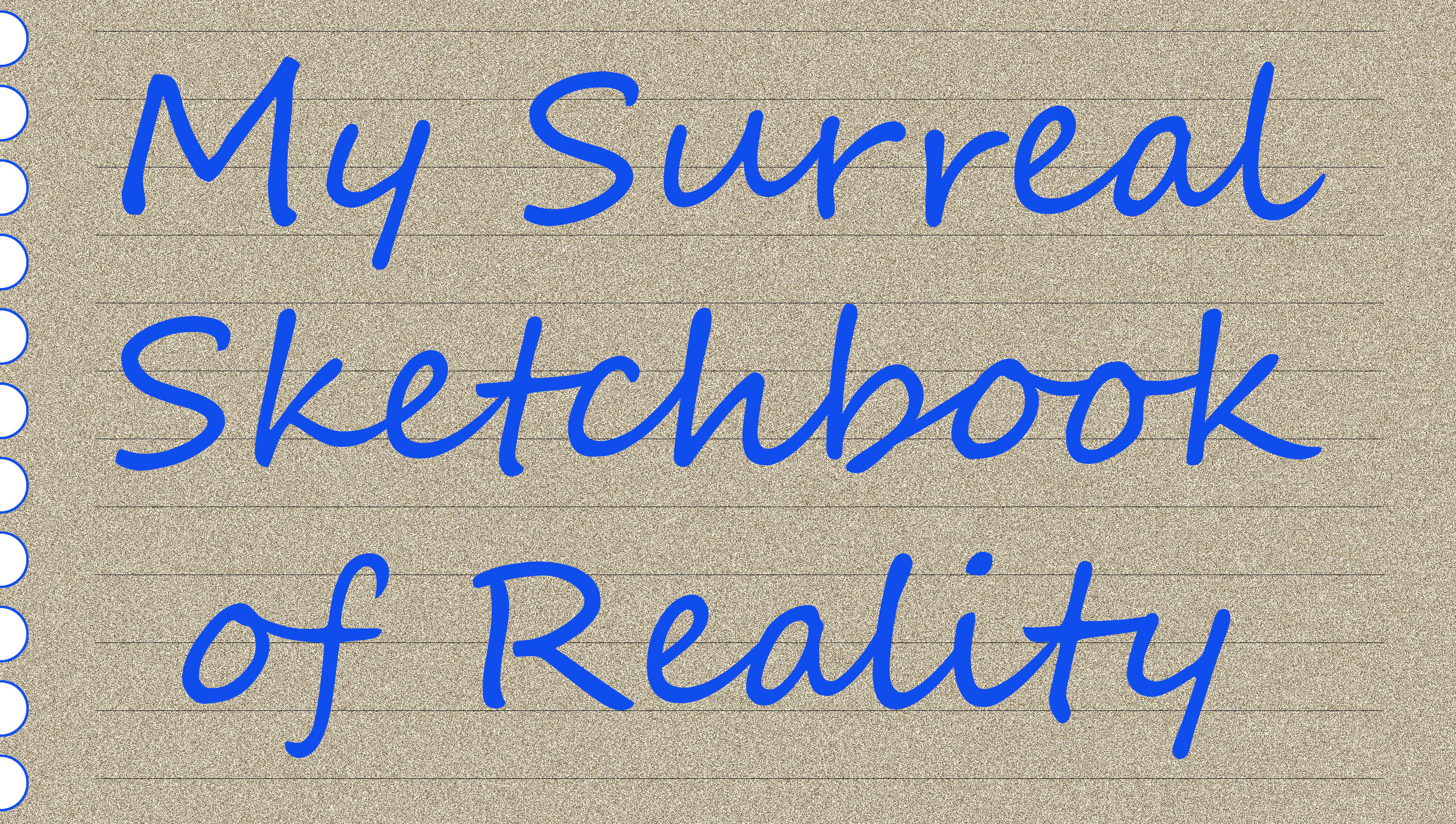Until the Party is Over – a 100 word story
He blended with the background perfectly. He always did at parties, not wanting to be seen. He hated interaction, not being able to figure what is wanted of him in those situations. He found a spot to stand in, and planted himself firmly, waiting for the party to be over. If he could talk his way out of participating in the party, it would be ideal, but it didn’t always work. Sometimes going to parties, especially ones relating to family occasions was inevitable. The real problem though was the lights and the noise. This he could never get away from.
—–
Hi there and thanks for stopping by. I’m Guy, and you’re listening to my surreal sketchbook of reality.
—–
Episode 31, The Lights and the Noise
Reflections are basically inaccurate copies. This episode Is a semi-philosophical look at reflections. I’m not a professional philosopher by any means and my approach can be quite absurd, illogical, and not at all that serious, so – you’ve been warned. Do not take this podcast too seriously. If you tend to take things too seriously, this might not be the podcast for you. Seriously. I mean it. Find another podcast to listen to.
You’re still here? Good. Let’s talk about reflections. Mirrors show our reflection and the reflection of the immediate world around us. Mirror reflections seem to be similar to the real world until we examine them closely and see that they are flipped, left exchanging right, right exchanging left. The surface of a mirror is never completely flat. It has a slight curve, and the curve of the mirror distorts the mirror image even further. The more curved the mirror is, the further its image removed from reality.
Photography reflects the world around us through the photographic lens of a camera. This reflection is not flipped. It’s flattened instead into two dimensions and distorted by the curve of the camera lens. Reflections always seem to change the way the outside world is represented in some way or another. Our eyes are also like cameras, reflecting the world around us and painting it into our brain, who then breaks it apart and reassembled it as a coherent picture of our world. That reflection resembles the world around us, but it is filtered through our brain, so some differences are bound to occur. As we look at photographs and mirror reflections, we get a reflection of a reflection, twice distorted through our camera, our mirror, and our brain. I think I’ll have to reflect on this a little. I’ll be right back.
—–
Frozen Time – a 100 word story
Time stopped for her. At first, she panicked, then she thought about opportunity. She could make use of the situation. When time went back to normal she had some valuable information. She had visited places. She had seen things. She knew who to manipulate and how to control certain people. She became rich. She became famous. Time stopped again, only this time for someone else, someone she had manipulated. When time came back to normal, she found herself naked in the middle of a busy street. She managed to get back home only to find it burned to the ground.
—–
Welcome back. Reflecting on your memories, you conjure up the photograph of a mirror image of what you think it was like. When reflecting on memories, you change your memories. Your world changes as you take it in through the lens of your five senses. When you reflect on it, it changes even further. Memory reflections are like echos getting ever further from whatever reality actually is.
You reflect on the events of the past, trying to understand them. As you do, they slip further from you, everchanging in your mind. It’s a constant conflict between what really happened and what you think happened. The reflections of the past pass through the lens of who you are and what your beliefs happen to be. Reflecting on the past, you process the past, solidifying it into a coherent reflection of what the past was really like. This reflection of the past becomes your world view, your very own interpretation of what the world is like and what it used to be.
Reflections are never exactly the real thing. They resemble the real thing but in a slightly, or sometimes in a completely distorted way. Reflections help us make sense of the world around us in a way, but they are not as trustworthy as we would like to believe them to be. We can only see the full picture through the lens of our senses, thinking we are seeing the real picture while only seeing a distorted, mirror image of reality, reflecting who we are. This concludes episode 31 of this podcast. Close the door on your way out and don’t forget – I’m just a figment of your imagination.
—–
